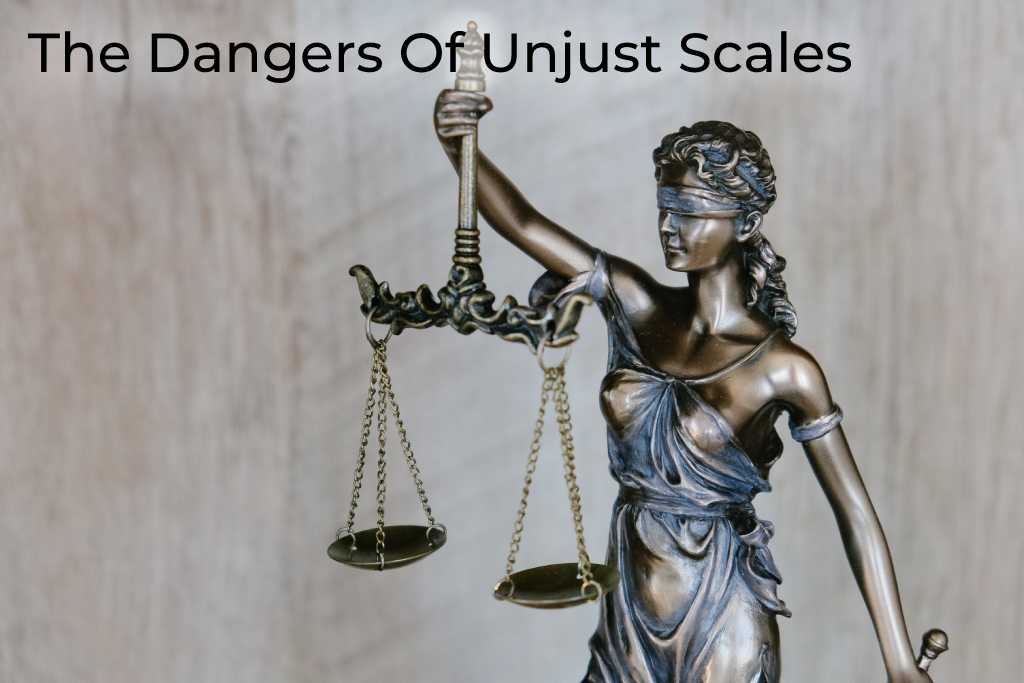
As Christians, we are called to love our neighbors as ourselves and treat everyone with fairness and justice. However, when it comes to issues like homosexuality, some Christians may have a tendency to use unjust scales by covering and ignoring one sin, but then condemning another.
On one hand, many Christians are quick to condemn homosexuality as a sin, often citing verses from the Bible that speak against it. They may believe that homosexuality goes against God’s design for human relationships and is a violation of traditional values. They are true in this assessment. Yet this stance may lead us to think that these LGBTQ+ individuals are worse sinners than others, causing discrimination against them and a lack of compassion and empathy towards them.
On the other hand, some Christians may turn a blind eye to other sins that are equally condemned in the Bible. For example, gluttony, greed, laziness, and gossip are all sins that are just as serious as homosexuality. However, these sins may not receive the same level of condemnation or attention as homosexuality does. This discrepancy in treatment reveals an unjust scale that unfairly singles out one sin while ignoring others.
Furthermore, this injustice can extend to the way that Christians approach the issue of homosexuality itself. Some Christians may be willing to overlook or excuse the sins of heterosexual individuals while condemning the sins of LGBTQ+ individuals. For example, a Christian may somehow justify premarital sex, divorce, or adultery among heterosexual individuals, while condemning same-sex relationships. This kind of inconsistency is not only unjust but also hypocritical.
To avoid using unjust scales, Christians should strive to treat all sins with equal seriousness and to extend love and compassion to all individuals, regardless of their sexual orientation. This means acknowledging that all individuals, regardless of their sexual orientation, are made in the image of God and deserve to be treated with dignity and respect.
Christians can also avoid using unjust scales by examining their own biases and prejudices. It is important to recognize that many of our beliefs and attitudes are shaped by cultural and social factors, and may not be entirely in line with the teachings of the Bible. By acknowledging our own biases and prejudices, we can become more self-aware and better equipped to treat all individuals with fairness and justice.
In conclusion, the issue of homosexuality can reveal the tendency of some Christians to use unjust scales, covering one sin while condemning another. To avoid this injustice, Christians should strive to treat all sins with equal seriousness and to extend love and compassion to all individuals, regardless of their sexual orientation. By doing so, we can create a more just and equitable society, guided by the principles of love and fairness.
“The Lord detests dishonest scales,
but accurate weights find favor with him.”
– Proverbs 11:1 [NIV]

0 Comments